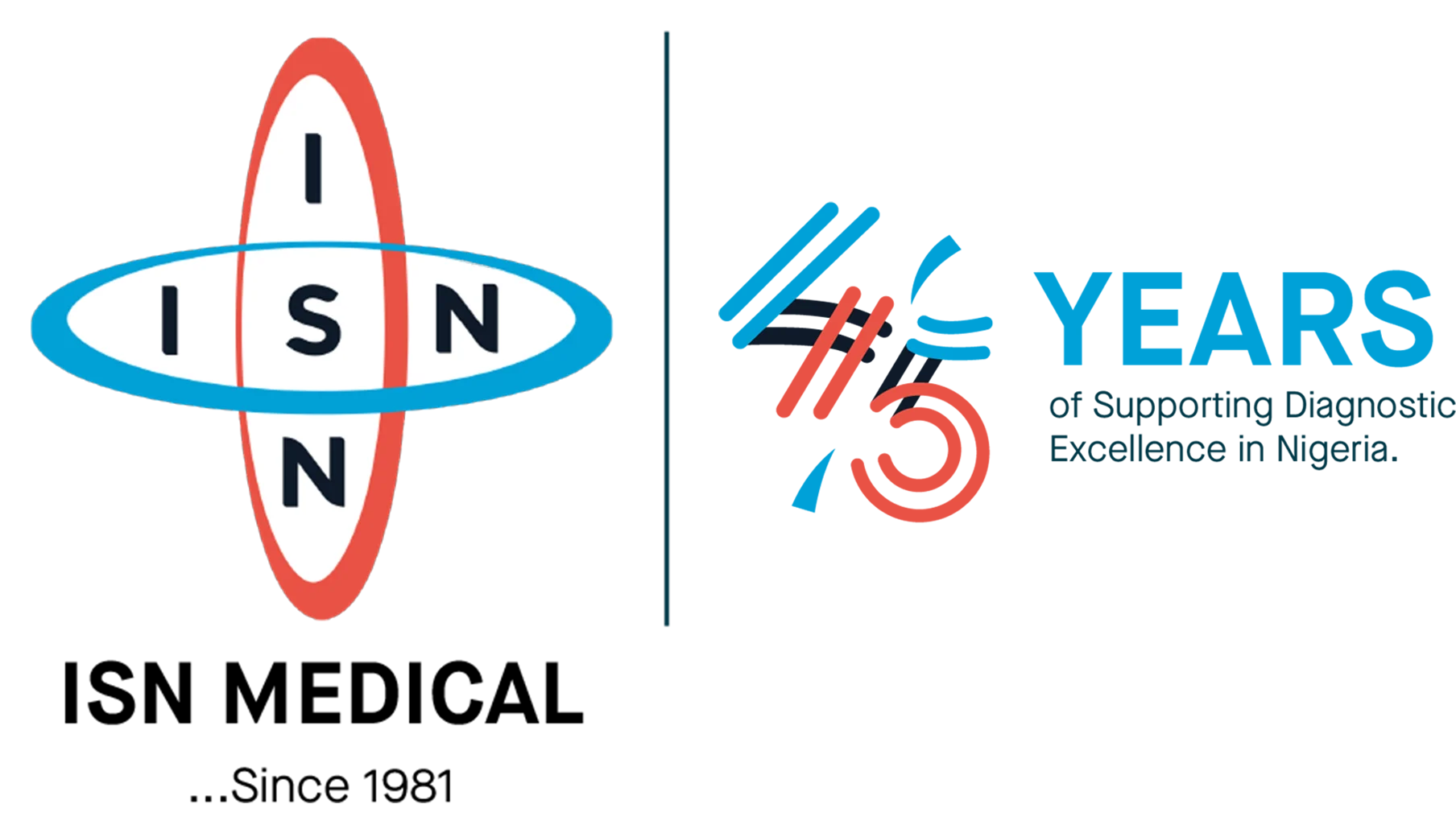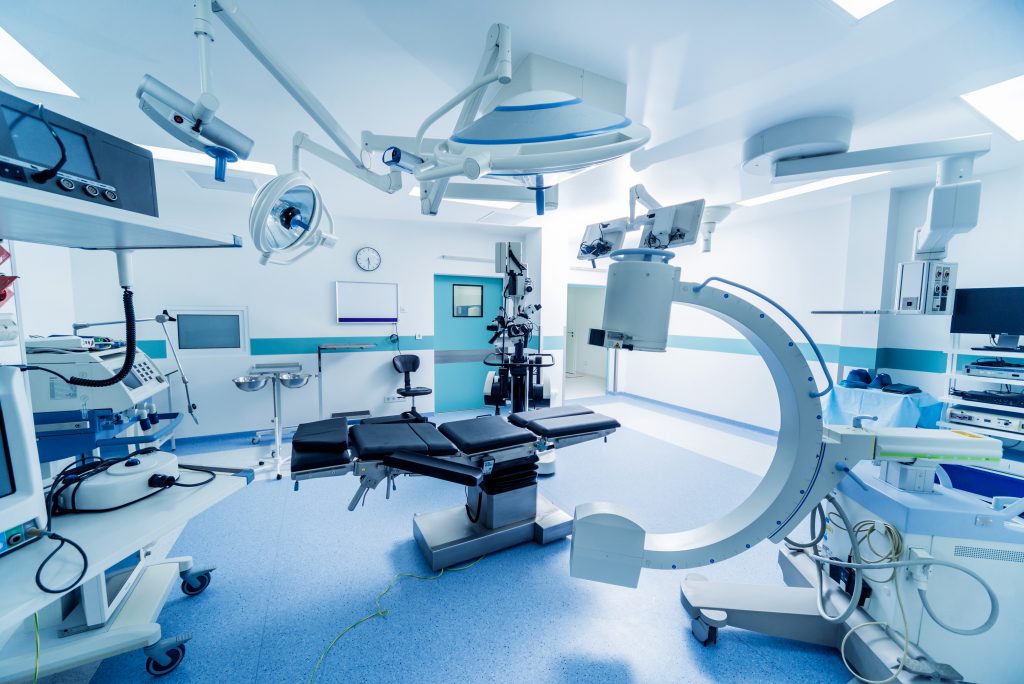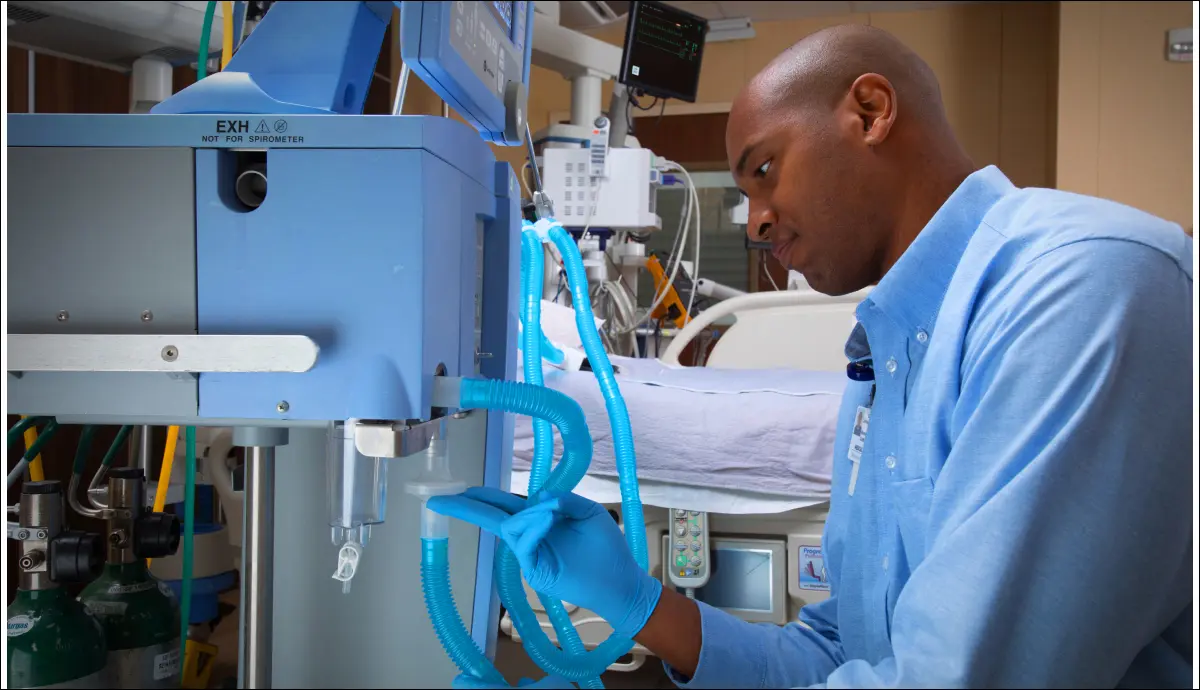In any healthcare facility, the safety of patients is of the utmost importance. One of the ways that hospitals can ensure patient safety is to maintain their medical equipment properly. Even when it is not about the patient, as in the case of other healthcare facilities. Medical equipment maintenance would increase the lifetime value of equipment just as much as it improves patient care.
In the healthcare industry, medical equipment is essential for diagnosing, treating, and monitoring patients. Keeping them functional, reliable, and safe to use is thus very critical to the process involved in the healthcare industry.
What is Medical Equipment Maintenance?
Medical equipment maintenance refers to the process of keeping your medical equipment in good condition through regular inspection, cleaning, calibration, and repair. The goal of this maintenance is to ensure that the equipment you have function properly and provide accurate results, which in turn helps to reduce the risk of errors, malfunctions, and breakdowns.
The Benefits of Medical Equipment Maintenance
The following benefits help to properly state just how important medical equipment maintenance is.
- Ensures Patient Safety Proper maintenance of medical equipment is essential for patient safety. Dysfunctional equipment can lead to misdiagnosis, inaccurate results, and even injury to patients. By keeping equipment in good condition, healthcare providers like you can ensure that your patients receive safe and accurate care.
- Increases Equipment LifespanMedical equipment maintenance is crucial for the longevity of the equipment. Regular maintenance can extend the lifespan of their equipment, which can save them money in the long run. It also ensures that equipment is available when needed, reducing downtime (times when it is available but not working) and improving the efficiency of your healthcare facility. The lifetime value of the equipment increases as a consequence, that is, the returns you get from the equipment throughout its usage. Proper maintenance can also help to prevent premature wear and tear, another thing that leads to expensive repairs or the need to replace equipment altogether.
- Improves Diagnostic Accuracy
Medical equipment malfunctions can have serious consequences for patients, including misdiagnosis, delayed treatment, and even injury or death. Regular maintenance can help prevent these issues by detecting potential problems before they become critical. It also ensures that equipment is working as intended, which reduces the risk of errors or misinterpretations of test results.
- Ensures Compliance with Regulatory StandardsIn addition to improving patient safety and equipment longevity, proper medical equipment maintenance is also critical for meeting regulatory standards. Healthcare facilities are required to comply with a range of regulations set by their regulatory bodies. This serves to curtail any excesses in the healthcare industry, as well as protect lives and property. For Nigeria, the Federal Ministry of Health published its Guidelines for Medical Equipment Management, citing maintenance as a very critical aspect of management. Failure to comply with these regulations can result in fines, legal action, and damage to a facility’s reputation, not to mention the undue damage it could cause to patient treatment, hospital staff, and management.
- More Cost SavingsProper equipment maintenance can save money in the long run; While it may seem like a hassle to invest in regular equipment maintenance, it can actually save hospitals money in the long run. By keeping equipment in good working condition, hospitals can avoid costly repairs or replacements. It also extends the lifespan of equipment, meaning hospitals can get more use out of each piece before the need to purchase a new one arises. Additionally, well-maintained equipment is less likely to cause complications or errors, which can result in costly legal fees or payouts.
It is also important to note that many types of medical equipment require specialized maintenance, including diagnostic medical equipment like X-ray machines and ultrasound machines. These machines can be particularly sensitive to wear and tear and require regular calibration to ensure accurate readings. Failure to properly maintain diagnostic equipment can lead to misdiagnosis, delayed treatment, or unnecessary exposure to radiation.
Without proper maintenance, equipment may break down, malfunction, or fail to provide accurate readings, leading to misdiagnosis or delayed treatment. This can result in serious consequences for patients, including injury, illness, or even death.
To prevent these outcomes, healthcare facilities must establish a comprehensive maintenance program that includes regular inspections, testing, and cleaning of equipment. These activities should be performed by trained professionals who understand the specific requirements of each piece of equipment and can identify potential issues before they become major problems.
Get the best out of your equipment with the ISN Maintenance Plan
Tips for Creating a Medical Equipment Maintenance Schedule
Medical Equipment Maintenance is invaluable, and you need to be intentional about it. It needs to be planned. Developing a schedule for it would help to establish equipment maintenance as a consistent habit in your healthcare facility. Here are a few tips to get you started on creating a schedule.
- Identify Equipment: Hospitals should create a list of all their medical equipment and identify which equipment needs regular maintenance. See our article on The Benefits of Inventory Management.
- Determine Maintenance Frequency: Determine how often each piece of equipment needs to be maintained. This will depend on the type of equipment, frequency of use, and manufacturer recommendations.
- Assign Responsibility: Assign responsibility for equipment maintenance to specific individuals or departments. This ensures that maintenance is done regularly and consistently.
- Schedule Maintenance: Create a timetable for equipment maintenance and stick to it. This can be done manually or by using software that tracks maintenance schedules.
- Document Maintenance: Document all maintenance activities, including inspection dates, repairs, and replacements. This information can be used to track equipment lifespan and plan for future equipment purchases.
Your facility’s efficiency relies on equipment maintenance
Proper medical equipment maintenance is essential for ensuring patient safety, extending equipment lifespan, and meeting regulatory standards. Healthcare facilities must establish a comprehensive maintenance program that includes regular inspections, testing, and cleaning of equipment to prevent breakdowns and ensure accurate readings. By creating a maintenance schedule and following these tips, hospitals can ensure that their equipment is in good condition, reducing the risk of equipment failures and improving patient care.
Excellent patient care goes with good medical equipment. ISN Medical is currently running a discount on high-quality medical equipment to improve patient care and service at your hospital or healthcare facility. Our medical equipment and consumables are from trusted manufacturers and come with an optional maintenance plan from ISN Care. Check our discounts out by clicking here.


